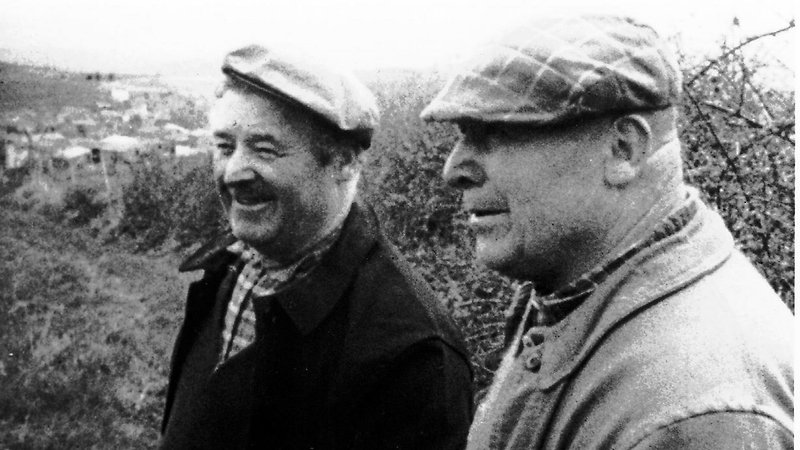
Screened as part of NZIFF 2001
The Sorrow and the Pity 1970
Le chagrin et la pitié
‘Was there anything other than courage in the Résistance?’ a young girl in 1969 asks her father, a pharmacist in the French town of Clermont-Ferrand. ‘Of course,’ he replies. ‘The two emotions I experienced most frequently were sorrow and pity.’
More than 30 years have passed since Marcel Ophuls filmed the inhabitants of that sleepy provincial city remembering events that had happened there 30 years previously, when a subterranean war against the German occupier pitted neighbor against neighbor, tearing French society asunder. The postwar, Gaullist myth of massive French resistance to fascism has long since been destroyed, yet The Sorrow and the Pity retains its shattering power as an interrogation of memory, of the fragile, cinematic processes by which human beings shape the past into an image that accommodates their needs today. With its small faults and immense virtues, Marcel Ophuls’ masterpiece remains a triumph of humanist filmmaking. It’s true that almost all its witnesses are men, from the former Wehrmacht captain who offers wartime reminiscences at his daughter’s wedding to the ex-Résistance fighter who speaks of his wife’s brutal death by torture while under interrogation…
Yet the director is an extraordinary listener, gifted with cunning, grace, humor, and compassion. His film’s unforgettable portraits bear witness to an elemental truth – that under the pressure of extreme circumstances, human beings will run the gamut of moral behavior. A French aristocrat explains that he became a Nazi out of youthful idealism; a British Secret Service agent says he risked his life repeatedly, to disprove his own fear that, as a homosexual, he lacked courage. Their remarkable honesty and the evolution of their consciousness contrast sharply with others’ half-truths and evasions.
Men who suffered terribly – like Pierre Mendès-France, a former prime minister whose wartime show trial for desertion fed the nation’s anti-Semitic fervor – refuse to point a finger at any one sector of society. ‘We must protect our youth,’ he says, ‘from this type of propaganda.’ The farmer Louis Grave, who ran a Résistance network with his brother from their wine cellar, declines to take revenge on the fellow villager whose denunciation landed him in Buchenwald. (Of his time there, he says only that it was ‘no party.’)
In the context of today’s culture of victimhood, when everyone seems anxious to bemoan their plight and beat the drum of moral certainty, the politician’s eloquence, equanimity, and mordant irony and the peasant’s intense, earthy dignity still stand as touchstones of humanity. — Leslie Camhi, Village Voice, 10/5/00